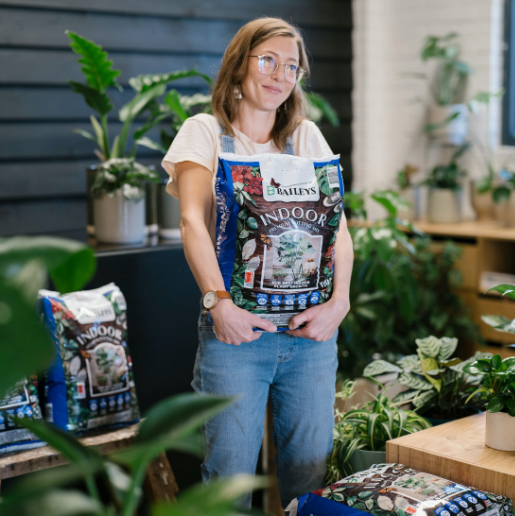
Join our Great Gardens Club!
Sign up to enjoy 15% off your first purchase from Baileys online. Plus, get our monthly WA gardening tips, latest news and promotions straight to your inbox.

Sign up to enjoy 15% off your first purchase from Baileys online. Plus, get our monthly WA gardening tips, latest news and promotions straight to your inbox.
Citrus for Small Gardens
With smaller gardens and balcony gardens today, there are tricks to keep trees smaller and more manageable.
Citrus Planting & Maintenance
All of WA is ideal for growing citrus - you just need to make sure you get the variety that suits your climate as most citrus won't tolerate frosts. If you live in a cold part of WA, grow in pots and move your tree to a warm spot during the winter months.
Common Citrus Problems
Choosing a Citrus Variety
If you are thinking of planting a few different citrus you will need to know the season the fruit matures. This is determined by many factors including weather patterns, the health of the tree, nutrient availability and the variety.